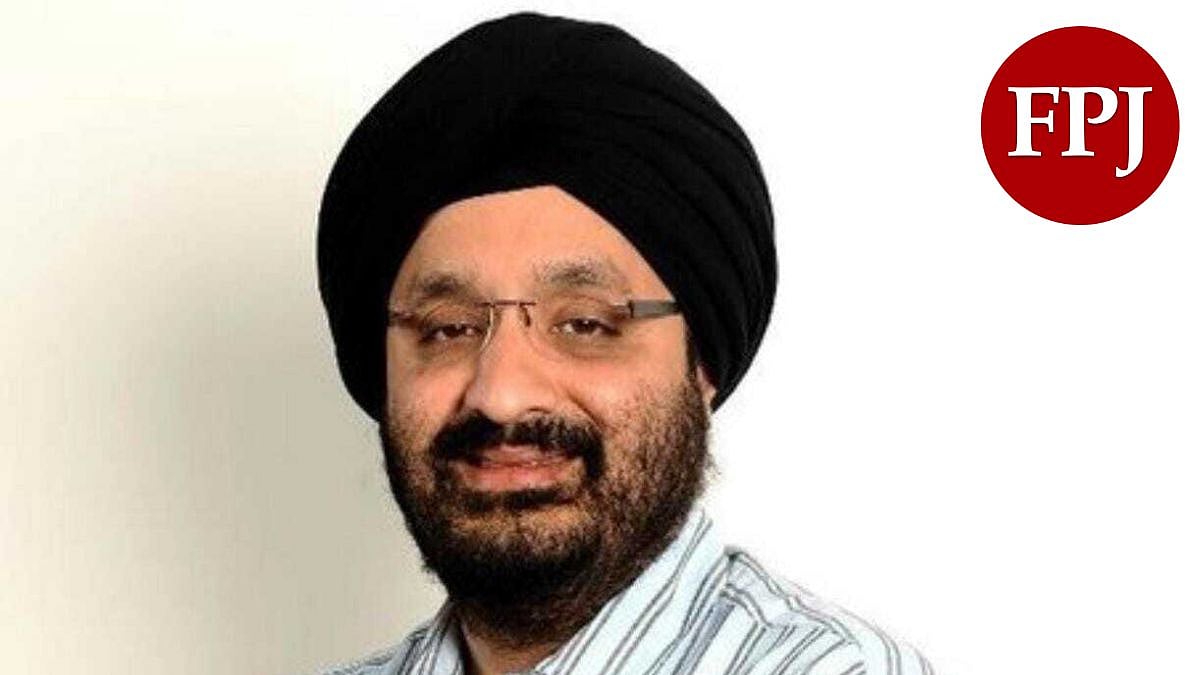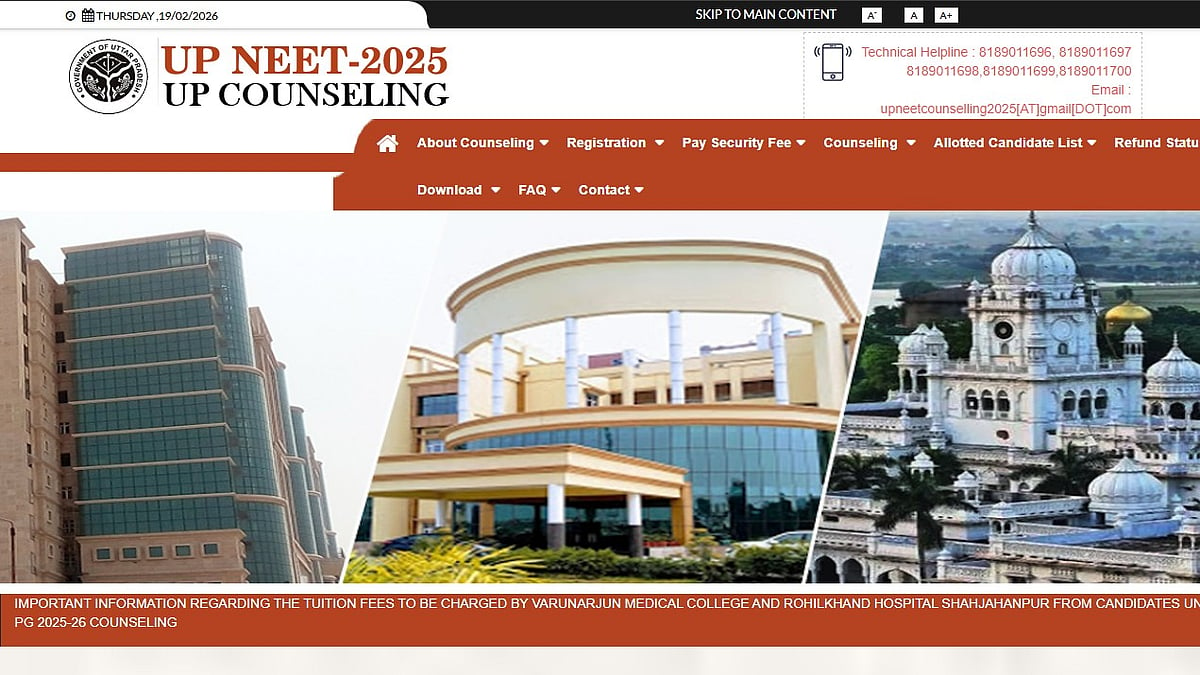It is difficult to question the governments hype over the new Covid variant Omicron, with Prime Minister Narendra Modi himself addressing the nation all of a sudden in the night, as prevention is doubtless better than cure. A government anticipating a crisis and getting ready with an effective response is always better than a government sleeping at the wheels. The devastating experience of the Covid second wave when most parts of the country witnessed an unprecedented healthcare crisis and deaths has rightly alerted the Modi government to the lurking peril. But no government should be oblivious to the dangers of putting the cart before the horse.
The empirical data on Omicron from the world over cannot be seen as frightening by any standard. While researchers are still in the process of examining its impact, and there are no concrete studies on its faster transmissibility and the severity of symptoms, preliminary data suggest Omicron hasn't caused an abnormally high number of hospitalisations or deaths. The evidence so far suggests it is milder than the Delta variant and the consequences won't be as severe as the second wave that countries like India suffered. One hopes the system is ready with quicker responses and wherewithal to deal with the crisis, pre-venting the situation in which thousands struggled to get hospital admission and oxygen support. Though there hasn't been any dramatic growth in India's healthcare infrastructure over the past few months, a higher degree of alertness and logistical preparedness will certainly ensure a better support system this time. Perish the thought of a repeat of the mayhem that the country witnessed last summer. Health Ministry data suggests the total number of Omicron-infected patients went up to 578 today, alarming by no standards. The number will indisputably rise in the coining weeks but a pragmatic approach would be to shift focus from infections to hospitalisation. While people will continue to get infected as Covid hasn't died away, it is the severity of symptoms that should guide scientists, administrators as well as politicians in terms of policy formulations and changes in strategies. The government should move cautiously while deciding on booster doses and vaccinating children. Ideally, a proper study should have been conducted to assess the impact of vaccines on the general health of the masses before advancing to the next stage of vaccinations.
Right now, the real cause for worry is that a large section of our population hasn't been given a single dose of the vaccine so far. The Narendra Modi government submitted an affidavit in the Supreme Court claiming that the adult population - citizens above the age of 18 - will be fully vaccinated by December 31; but that objective is far from being accomplished. It is easy to talk about booster doses and adding new categories for vaccination but the priority should be to cover the vulnerable sections first - people who have not been given even a single dose so fat This task must be accomplished before Omicron, or any other variant strikes hard. While the emphasis on wearing masks and maintaining social distancing is welcome, the responses to the fresh scare must not be driven by political biases. While the night curfews are obviously inexplicable, nobody has offered any sound scientific basis for such decisions when markets and public transport remain crowded during daytime; and the selective restrictions on political activities should also be avoided. The ruling party cannot use the pandemic to put the rival parties at a disadvantage. While Prime Minister Narendra Modi, Chief Minister Yogi Adityanath and opposition leaders have been addressing large gatherings without maintaining Covid protocol, additional measures can be enforced to impose some discipline, like mandatory wearing of masks. The speculation about the possibility of assembly elections being postponed also doesn't augur well for democracy. While the whole world is grappling with the pandemic, and it has impacted business and economy the world over, every possible attempt should be made to protect the sanctity of democratic processes. While we saw elections in Bengal, Assam, Kerala. Tamil Nadu, Puducherry and Bihar during the peak of the second wave, it will be a travesty of justice to disturb assembly elections in Uttar Pradesh, Punjab, Uttarakhand, Goa and Manipur, which are due sometime in February next year. We can carry out this democratic exercise through strict Covid protocol and medical readiness to deal with any eventuality. Covid, after all, is not going to vanish all of a sudden and the nations will have to learn to negotiate it for some time.




